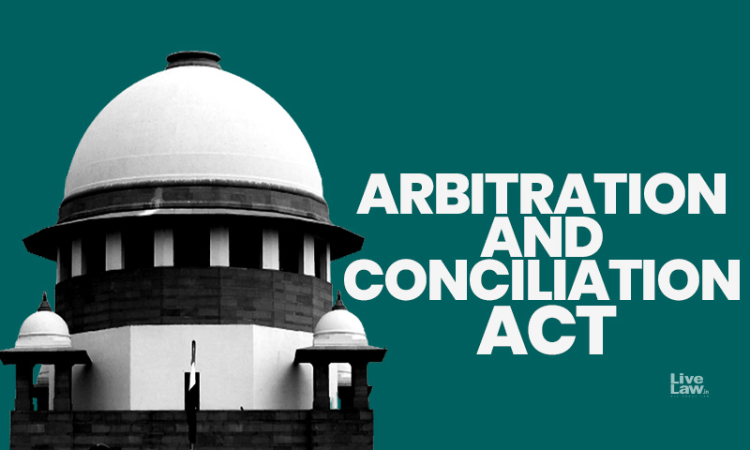Foreign Award Can Be Binding On Non-Signatories To Arbitration Agreement: Supreme Court
LIVELAW NEWS NETWORK
11 Aug 2021 9:13 AM IST

Next Story
11 Aug 2021 9:13 AM IST
The Supreme Court has held that a foreign award can be binding on non-signatories to the arbitration agreement and can be thus enforced against them.In this regard, the Court referred to Section 46 of the Arbitration and Conciliation Act, which deals with the circumstances under which a foreign award is binding. The Court noted that the provision speaks of "persons as between whom it was...
